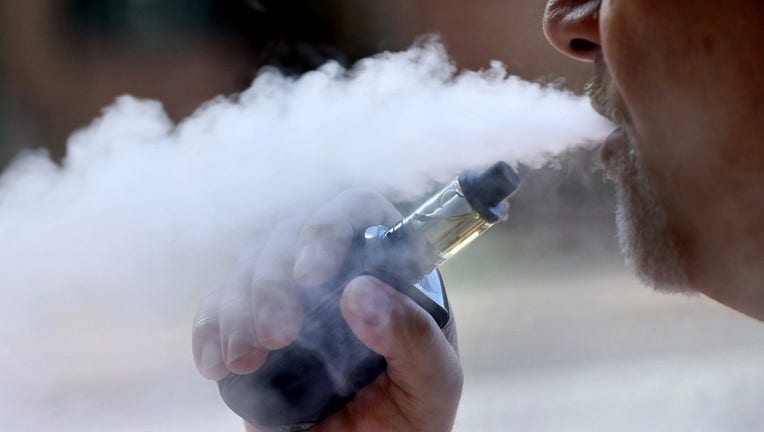Connection drawn between THC, vaping illnesses

TALLAHASSEE - The federal government on Monday acknowledged that THC products are “playing an important role” in the multistate outbreak of vaping-related illnesses and recommended that people not use vaping devices that contain THC.
The Centers for Disease Control and Prevention made the announcement as it released data showing that 86 percent of the 867 patients with detailed medical records who have the illnesses reported using tetrahydrocannabinol, or THC, products in the three months before becoming ill.
Tetrahydrocannabinol is the ingredient in marijuana that causes a euphoric feeling. Exclusive use of THC-containing products was reported by 34 percent of the patients, compared to 11 percent of the patients reporting exclusive use of nicotine-containing products.
Two percent of the patients reported vaping products that had no nicotine and no THC.
“To date, no single compound or ingredient used in e-cigarette, or vaping, products has emerged as the cause … and there might be more than one cause,” the report said.
As of last Tuesday, 1,604 cases of vaping-related illnesses and 34 death had been reported nationwide. Florida has had one death and 70 reported cases of the illnesses, which can cause shortness of breath and chest pain. Nationwide the median age of patients who survived the illnesses was 23, and the median age of patients who died was 45 years.
Half of the cases of illness occurred in people under age 25, but it’s deadlier in older people. The data shows patients over 65 comprised only 2 percent of the cases but represented nearly 25 percent of the deaths. Not only does it appear that THC has played a role in the outbreak, the federal agency said reports from Illinois, Utah and Wisconsin “suggest that patients have typically obtained their THC-containing e-cigarette, or vaping, products through informal sources, such as friends or illicit in-person and online dealers.”
Recreational marijuana is not legal in Florida, but medical marijuana is. Department of Health Secretary Scott Rivkees said last week that patients who vape legal medical marijuana should have a conversation with their physicians to “determine what is the best means for them to be able to take this product.”

